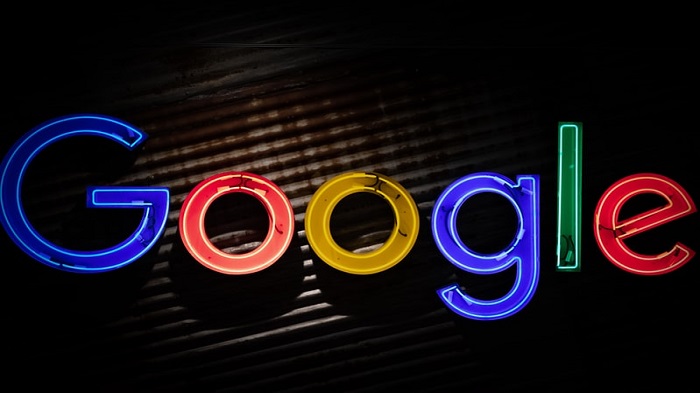Google Cloud has announced the beta launch of Game Servers, a managed service that provides game developers with the usual backend services for running their games, including multi-player games, in the company’s cloud. It’s worth stressing that these are not game streaming servers but solely meant to make it easier for game developers to build, scale and manage the backend services for their games.
Game Servers is effectively an enhanced version of Agones, the open-source game hosting platform built on top of Kubernetes, which Google debuted with Ubisoft in 2018.
The goal of Game Servers is to take the work out of hosting massive, multi-player games like Fortnite or Call of Duty. Typically, game developers rely on dedicated servers Like GPU Dedicated Server and Azure Windows 10 VMto host multi-player experiences, but hosting and scaling a game server fleet to support a global multi-player game can be challenging.

In reality, quite a few gaming companies have already built their on-premises server fleets and having hybrid-cloud capabilities is a must-have for a tool like this. In this case, Game Servers makes it easier to deploy, manage and scale servers based on demand. It is done by amplifying Agones’s ability to help achieve global multicluster game servers without the need to build out and host dedicated servers in data centres.
Google Cloud product manager Scott Van Woudenberg said to Tech Crunch that virtually every game now needs some kind of cloud backend, be that for multi-player features, match-making or keeping persistent game stats, for example. That’s true for indie developers and major game studios. Game Servers, ideally, will make it easier for these companies to scale their clusters up and down as needed. Game Servers also provides for A/B testing and canary tests, and, in future updates, it will include integrations with the Open Match matchmaking framework.
To get started, developers still have to containerize their game servers. For those companies that already use Agones, that’s a pretty straightforward exercise, Van Woudenberg said. Others, though, need a bit more help with that, and Google is working with partners to walk them through this.
